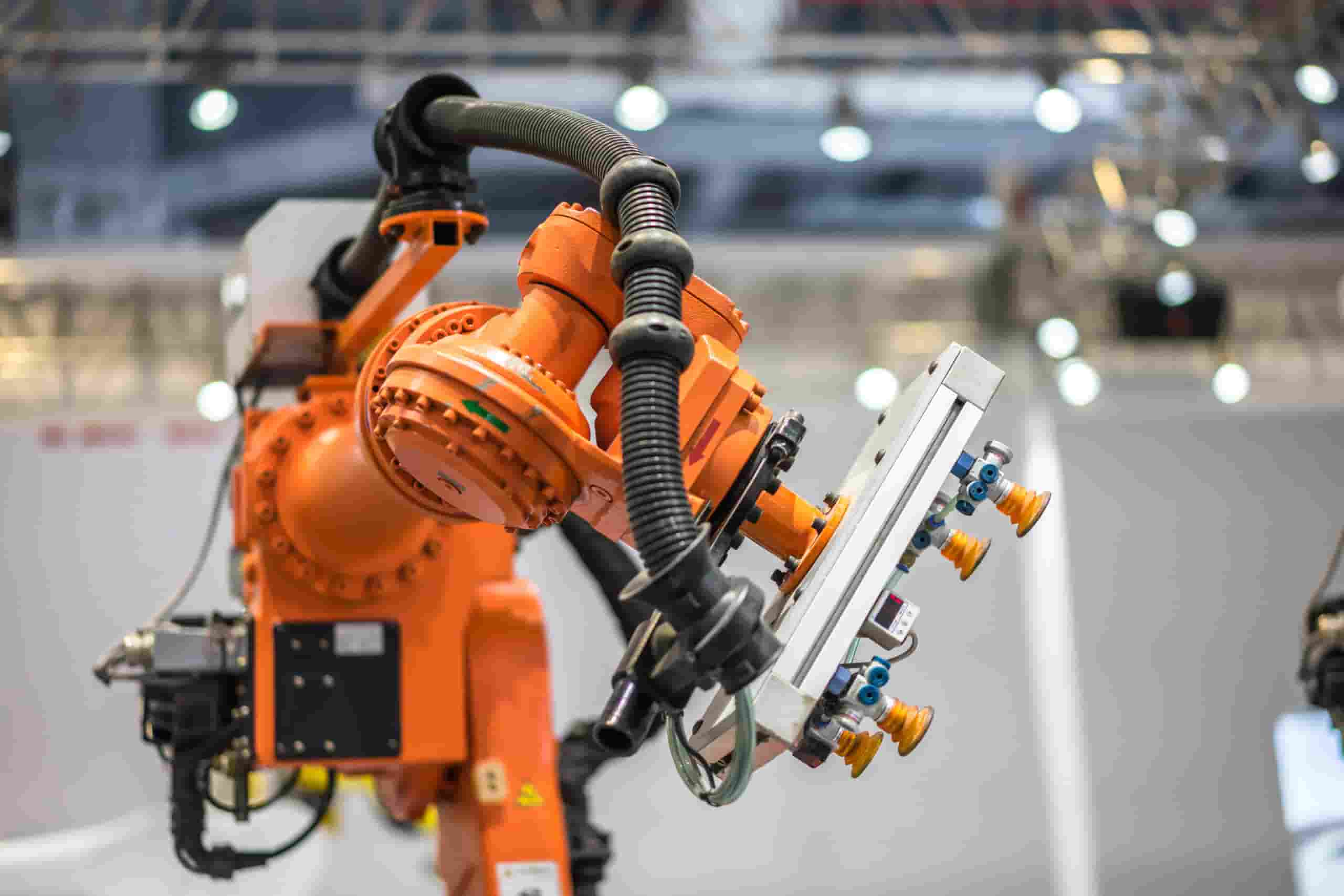
In honor of International Women’s Day and Women’s History Month, both in March, we are proud to feature ARM member Dr. Carley Mollica for this month’s issue of “Five Questions”.
1. Please tell us a bit about your role at Lockheed Martin.
I am a senior research engineer at Lockheed Martin Advanced Technology Labs (ATL), an applied research and development lab that works with both small and large businesses, government service labs, academia, and Lockheed Martin to advance and transition technology. I work within the Mission Adaptive Autonomy (MAA) and Product Lifecycle Intelligence (PLInt) groups at ATL. At Lockheed Martin, we pride ourselves on solving complex problems and delivering innovative solutions to help our customers keep people safe.
Since joining ATL, I have led several research programs, including three funded by the ARM Institute.
2. Your educational background is certainly very STEM-oriented. How did you become interested math and physics and ultimately decide to obtain your Ph.D in material sciences engineering?
I was fortunate to discover my interest in STEM at a relatively young age. My parents sent me to an engineering camp at 13 years old. The small group visited different STEM organizations throughout the week, including Lockheed Martin in Syracuse, NY. I went home that day and told my parents that I would work at Lockheed Martin one day. All of my career and personal growth decisions from that day on were focused on building my skills to achieve my dream job.
After I obtained my undergraduate degrees in physics and mathematics from Wagner College, I had the opportunity to continue my education in a research group that focused on military funded programs. It was a natural next step for me since it exposed me to work within the defense field and allowed me to take my theoretical background and transition to an applied field. As a result, I went straight into the materials science and engineering Ph.D. program at the New Jersey Institute of Technology. Working in the defense industry allowed me to serve in my own unique way, in an area that I enjoyed. Sustainability of the warfighter became my daily purpose and motivation, which continues to be true for me today.
3. You are involved with several ARM projects. Can you share some information about these projects and their goals?
I have had the privilege of leading or managing three ARM Institute efforts. While the technologies developments for each project varied greatly, the primary goal of all three has been the same – to bring Lockheed Martin, academics, and other businesses in the robotics community together to provide industrial robotic solutions for workforce innovation.
I led the Robotic Sanding and Finishing Phase 2 effort that ended in November 2020. The team built upon the successful Phase 1 program to provide a versatile robotic sanding and finishing system that worked on test articles that were large as well as products that incorporate complex geometric features.
I currently manage the Mobile Autonomous Industrial Disinfector (MAID) Program. This effort was developed in response to a COVID-19 mitigation call specifically geared towards manufacturing environments. It’s exciting to be a part of the Southwest Research Institute, GrayMatter Robotics, and Lockheed Martin team making excellent progress towards providing a robotic solution that will have a positive impact on the current global pandemic.
I am the Lockheed Martin lead for the Composite Layup Follow-On Program being led by Dr. SK Gupta at the University of Southern California. This program is very interesting to me because the robotic solution will be applicable to a broad use case.
To learn more about any of these ARM Institute programs, check out the project pages on the ARM website! Or access the recording of our recent ARM Exchange Webinar on Robotic Sanding & Finishing featuring Dr. Mollica .
4. What role do robots play in the material science world? Where do you see the most applicability in the short term?
My background in materials science focuses on using nondestructive evaluation techniques to determine the health/corrosion level of platforms due to environmental degradation. Using robotics to automate inspection during both production and maintenance is advantageous for quality and sustainment purposes. Some recent studies also discuss how robotics and AI can enhance, speed up, and optimize the fabrication process of new materials. This can play an instrumental role in future technology advancements as material science is at the center of development in energy, transit, medicine, and many other important areas.
If we flip the question and ask what role does materials science play in robotics, I would focus on the unique perspective that people with diverse backgrounds bring to a team. ATL is comprised of engineers with vastly different degrees and experiences. This allows development of some of the most unique and innovative solutions that I have seen throughout my career. I would challenge people to venture into areas that differ from what they know. Become comfortable being uncomfortable and challenge yourself to break through the boundaries of a specific field.
5. Lockheed Martin has been a member of the ARM Institute for over 3 years. What has the membership experience been like for you?
Engaging with the ARM Institute has led to collaborations with several businesses and academics who are brilliant and passionate about their work. As a team, we have been able to deliver innovative and successful demonstrations to the ARM Institute that can be adapted and matured to fit needs of other customers. ATL develops revolutionary capabilities and disruptive technologies for Lockheed Martin to continue to contribute to our national security. The collaborations and relationships that have been developed through the ARM Institute have allowed us to successfully continue discovering new ways for human-machine teams to accomplish more together.
ABOUT THE ARM INSTITUTE
The Advanced Robotics for Manufacturing (ARM) Institute accelerates the development and adoption of robotics technologies that are the foundation of every advanced manufacturing activity today and in the future. The Institute leverages a unique, robust, and diverse ecosystem of partners across industry, academia, and government to make robotics, autonomy, and artificial intelligence more accessible to U.S. manufacturers large and small, train and empower the manufacturing workforce, strengthen the U.S. economy and global competitiveness, and elevate our nation’s security and resilience. Founded in 2017 in Pittsburgh, PA by Carnegie Mellon University and operating as an independent public-private partnership funded by the Department of Defense, ARM is part of the DoD Manufacturing USA® network. Learn more at www.arminstitute.org, follow @ARM_Robotics on Twitter or ARM Institute on LinkedIn.
